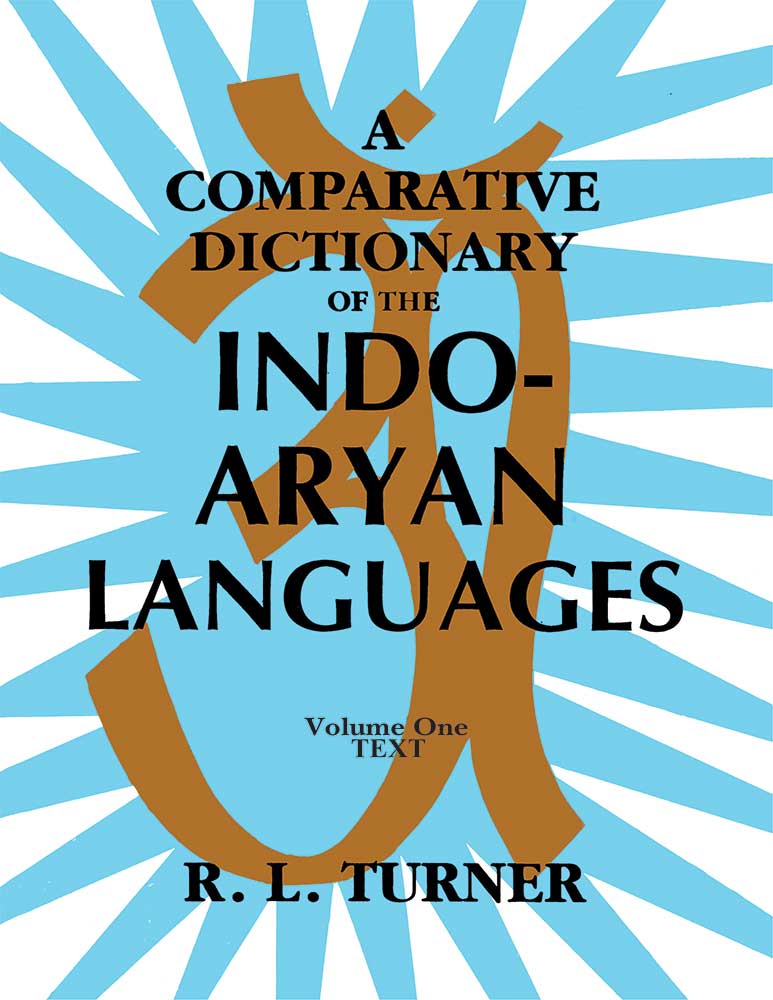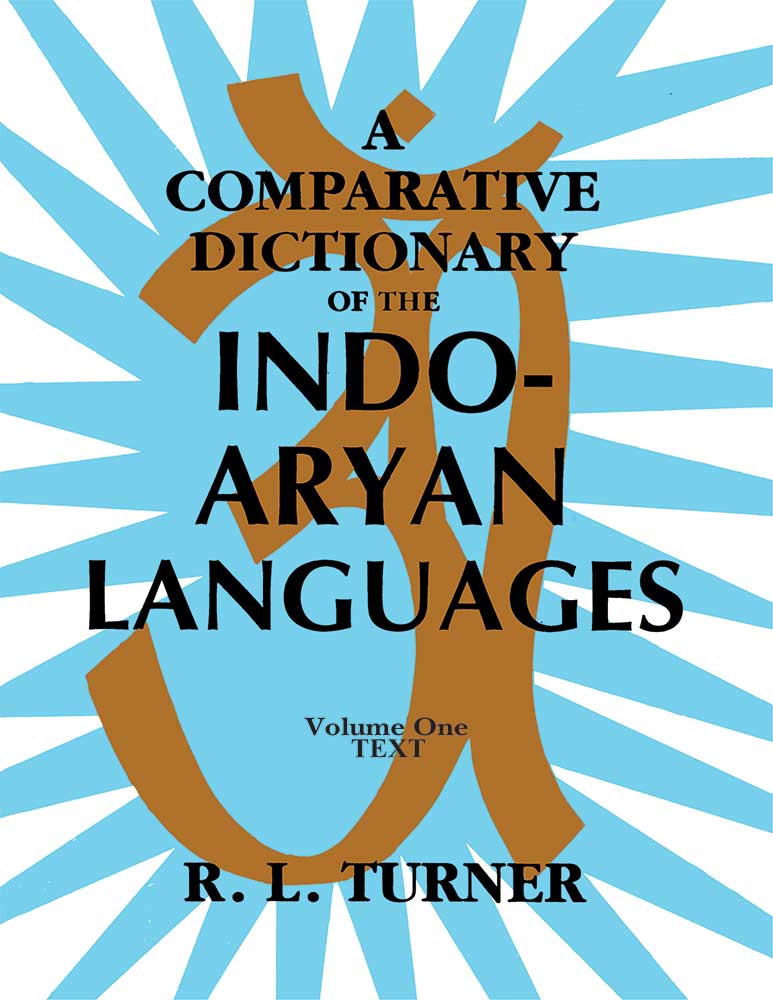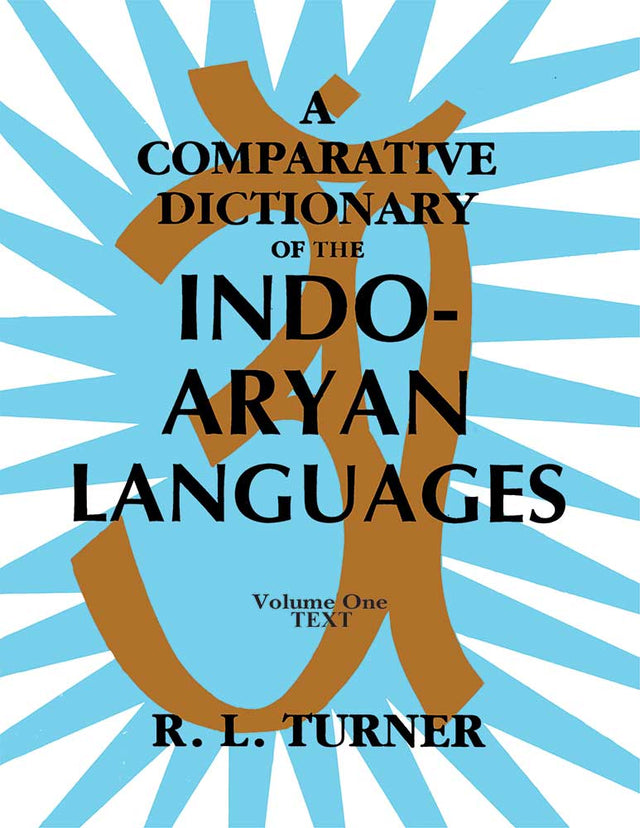A Comparative Dictionary of the Indo-Aryan Languages (4 Vols.)
A Comparative Dictionary of the Indo-Aryan Languages (4 Vols.) - Hardcover is backordered and will ship as soon as it is back in stock.
Couldn't load pickup availability
Indo-Aryan is the term applied to that branch of the Indo-European languages which was brought into India by the Aryans and of which the oldest recorded form is to be found in the hymns of the Rgveda. From this there developed on the one hand a literary medium, called sanskrit which has been the vehicle down almost to the present day of a vast literature and on the other hand a great range of spoken forms which used by hundreds of millions have emerged as the chief language (excluding the Dravidian of southern India) of the whole of Pakistan, India, Nepal and Ceylon: Sindhi, Lahnda or Western Panjabi, Nepali, Assamese, Bengali, Oriya, Bihari, Maithilli, Awadhi, Hindi and Urdu, Rajasthani dialects Gujarati, Marathi, Konkani, Sinhalese. Indo-Aryan languages with many archaic features-the Kafiri and Dardic dialects-are still spoken in the valleys of the Hindukush on both sides of the Afghan-Pakistan border, while the Gypsies of Europe and Asia, like the Doms of Hunza, still use forms of the Indo-Aryan dialect they brought out of India. In the far south Sinhalese was carried from Ceylon out into the Indian Ocean to the Maldive Islands. In this book, originally planned to be a volume of the Linguistic Survey of India, the author has tried to do for these languages in their development from Sanskrit something of what Meyer-Lubke in his Romanisches Etymologisches Worterbuch did for the Romance Languages and Latin. Under some 15000 Sanskrit head-words are set out forms each has assumed both in Middle Indo-Aryan (Pali, Sanskrit, etc.) and in the modern languages, thus presenting a picture of linguistic development over some three millennia. The words quoted in this way number about 140000. This volume, compiled by Lady Turner, contains indexes, arranged language by language, of all these words.
Review(s)
About the Author(s)
-
Pages
-
Edition
-
Size
-
Condition
-
Language
-
Weight (kg)
-
Publication Year
-
Country of Origin
-
Territorial Rights
-
Reading Age
-
HSN Code
-
Publisher




